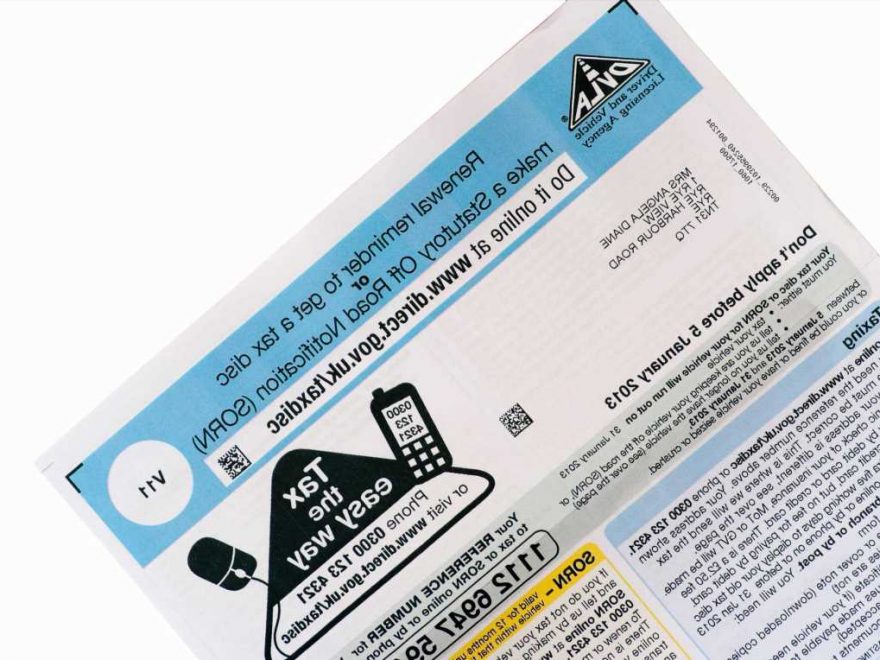MOTORISTS who fail to pay or renew their car tax on time could be hit with a fine of up to £2,500.
If you're unsure of when your car tax is due for renewal and how much you need to pay, we explain all you need to know below.
What is car tax?
Car tax is also known as vehicle excise duty (VED) and is a tax on the emissions your car produces.
The cost of tax varies depending on the make, model, year and value of your car, and the amount you pay may change each year.
Car tax can be paid in a single payment for the whole year, once every six months or monthly, with a single yearly payment the cheapest way.
Some vehicles may be exempt from car tax, but every owner needs to apply for it on the gov.uk website.
How much is my car tax?
The car tax rates increased in April, which typically happens each year in line with inflation.
What you pay depends on how much CO2 your car pumps out.
If your car was registered on or after April 1 2017, you'll have to pay the following for the first 12 months:
- You won’t have to pay anything if your car emits no CO2
- £10 if your car emits 1-50 grams per kilometre of CO2 (the same tax rate as last year).
- £25 if your car emits 51-75 grams per kilometre of CO2 (the same tax rate as last year
- £115 if your car emits 76-90 grams per kilometre of CO2 (£5 extra than last year)
- £140 if your car emits 91-100 grams per kilometre of CO2 (£5 extra than last year)
There are 13 pay brackets in total, and the highest you’ll be paying is £2,245 if your vehicle emits over 255g per kilometre of CO2, marking an increase of £70 since last year.
You can check out the full list in the table below, including how much you'll pay from the second year onwards.
You can also find out exactly how much you’ll be paying by using the gov.uk’s vehicle tax rates calculator.
When is car tax due and how do I check my renewal date?
Car tax renewal dates will vary between vehicles depending on when you started paying it.
If you're unsure of when your road tax expires, fear not because it's easy to check.
Simply visit the gov.uk website and enter your vehicle registration number.
If you need to renew your car tax you can now pay by direct debit once a year, every six months or monthly.
The DVLA takes direct debit payments on the first working day of the month.
And by paying by direct debit your car tax will renew automatically.
When it is due to be renewed, the DVLA will send you an email or letter telling you when and how much your future payments will be.
What are the penalties if my vehicle isn't taxed?
If you are caught driving your vehicle without tax, you will face an £80 on the spot fine.
Should you fail to pay the fine, it could increase up to £1,000 and the case could end up in court.
And if you are keeping a car untaxed without a SORN (statutory off-road notice), you could face a fine of £1,000.
This can increase to £2,500 if you are using an untaxed car that has a SORN in place.
Untaxed cars are also at risk of being clamped or towed away – and the release of a car or clamp removal will mean added charges.
A number of changes came into force for drivers from April as the new tax year began.
Looking to save money on your car insurance? Martin Lewis has explained how to knock hundreds of pounds off your bill.
You could also save on your car insurance through other ways too, such as applying for a refund due to coronavirus.
Source: Read Full Article


